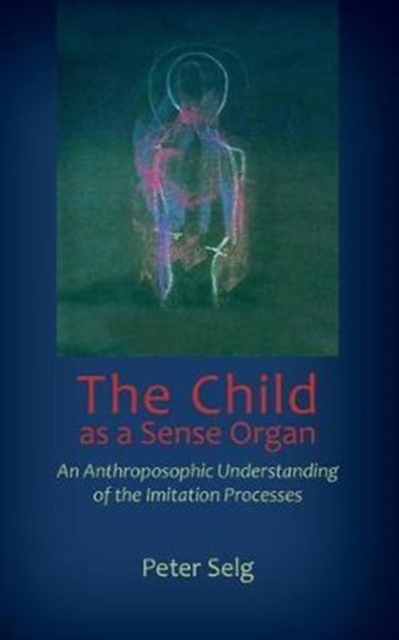The Child as a Sense Organ: An Anthroposophic Understanding of Imitation Processes

The Child as a Sense Organ: An Anthroposophic Understanding of Imitation Processes
The initial period of childhood is essentially about adapting to and incarnating on Earth and establishing a provisional balance between the "spiritual" and the "physical," between the prenatal cosmic and the earthly factors. During this time, according to Rudolf Steiner, "all the forces of a child's organization emanate from the neurosensory system. . . . By bringing respiration into harmony with neurosensory activity, we draw the spirit-soul element into the child's physical life." Peter Selg investigates how children's early experience of the world begins as an undifferentiated sensory relationship to their phenomenological environment. This aspect of a child's incarnation leads to learning through imitation and to the process of recognizing "the Other" as a separate entity with which to interact. In this cogent work, Peter Selg describes the early stages of childhood from the perspectives of conventional scientific and spiritual-scientific-- anthropological and anthroposophic--research with the purpose of encouraging a new educational attitude in working with young children. In his numerous references to early childhood development, this was Rudolf Steiner's most important and urgent purpose. ∞ ∞ ∞ "Steiner directed attention to the special character of the<
PRP: 116.92 Lei
Acesta este Prețul Recomandat de Producător. Prețul de vânzare al produsului este afișat mai jos.
93.54Lei
93.54Lei
116.92 LeiLivrare in 2-4 saptamani
Descrierea produsului
The initial period of childhood is essentially about adapting to and incarnating on Earth and establishing a provisional balance between the "spiritual" and the "physical," between the prenatal cosmic and the earthly factors. During this time, according to Rudolf Steiner, "all the forces of a child's organization emanate from the neurosensory system. . . . By bringing respiration into harmony with neurosensory activity, we draw the spirit-soul element into the child's physical life." Peter Selg investigates how children's early experience of the world begins as an undifferentiated sensory relationship to their phenomenological environment. This aspect of a child's incarnation leads to learning through imitation and to the process of recognizing "the Other" as a separate entity with which to interact. In this cogent work, Peter Selg describes the early stages of childhood from the perspectives of conventional scientific and spiritual-scientific-- anthropological and anthroposophic--research with the purpose of encouraging a new educational attitude in working with young children. In his numerous references to early childhood development, this was Rudolf Steiner's most important and urgent purpose. ∞ ∞ ∞ "Steiner directed attention to the special character of the<
Detaliile produsului









